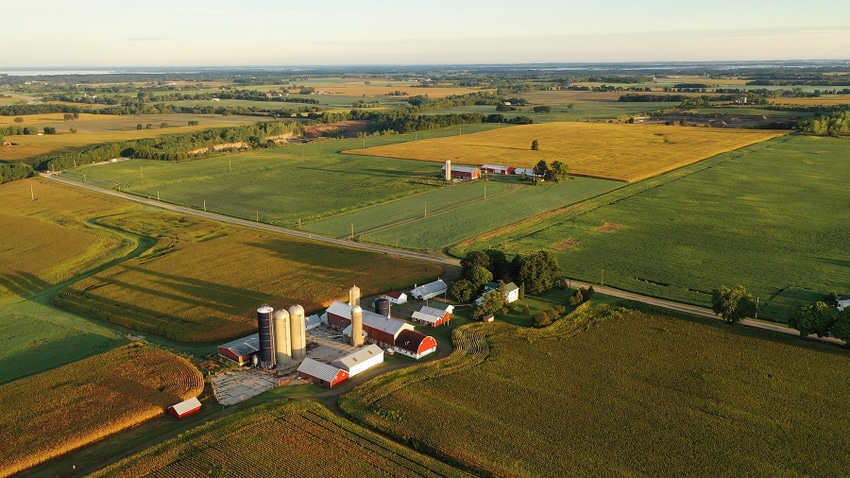
How many articles have you read about how important it is to plan for succession? A bunch.
If it’s so important, then why are many farms not doing it better?
Based on years of observing and guiding families, here’s what I see:
It’s the classic Eisenhower matrix of urgent vs. important. While transition planning is important, it’s rarely the most urgent thing on your radar. Farmers have lots of logistics to manage and balls to keep in the air. It’s easy to defer a long-term, slow-burn project like transition planning.
It may be uncomfortable, if there’s potential for conflict among the family or if you’re not comfortable talking about money. Or you know you’re not good at sharing responsibility, so you dread even trying.
It’s overwhelming. You know the tax and legal considerations are complex. It takes so much time to wade through that. Or you’re not confident there is a good solution for you because of lack of successors. Or the financial situation is bad.
It’s expensive. You anticipate needing professional advice from attorney and/or accountant and/or facilitator.
Those are all legitimate, real reasons. There’s no shame in admitting your stumbling block. But what are the consequences of not having a plan in place?
“Fail to plan, and you plan to fail” That’s a bit dire and preachy. But it’s true that you’re less likely to have a business continue successfully if you aren’t intentional about it.
Losing talent on your team. Your successors aren’t confident it can work so they become uninterested or leave in frustration. Team members look elsewhere when they’re uncertain about their employer’s future stability.
Slow burnout. The stress of worrying about it. The toll of wearing yourself out physically by not sharing the load.
Partnerships sour. There’s a relationship cost to kicking the can down the road when it impacts others.
Sudden events leave your family in a lurch. The worst-case scenarios—death or illness—leave a mess for those picking up the pieces. Besides the personal stress, it could risk the viability of the business.
You are forced to make reactive, suboptimal decisions—rather than proactive, wise ones.
It costs you money. You pay unneeded taxes. The business dies slowly or abruptly. Notice this is last on the list. Not because it’s not important, but because it is usually paid attention to automatically. Be sure you also consider the first six items!
All of the above can be summarized as, “there is a cost to doing nothing”. I don’t know if this article is any more motivating than the others. But I hope it makes you know you’re not alone. I’d love to visit with you about how to get started.
Davon Cook is a family business consultant at Pinion. Reach Davon at [email protected]. The opinions of the author are not necessarily those of Farm Futures or Farm Progress.
Read more about:
Farm SuccessionAbout the Author(s)
You May Also Like






